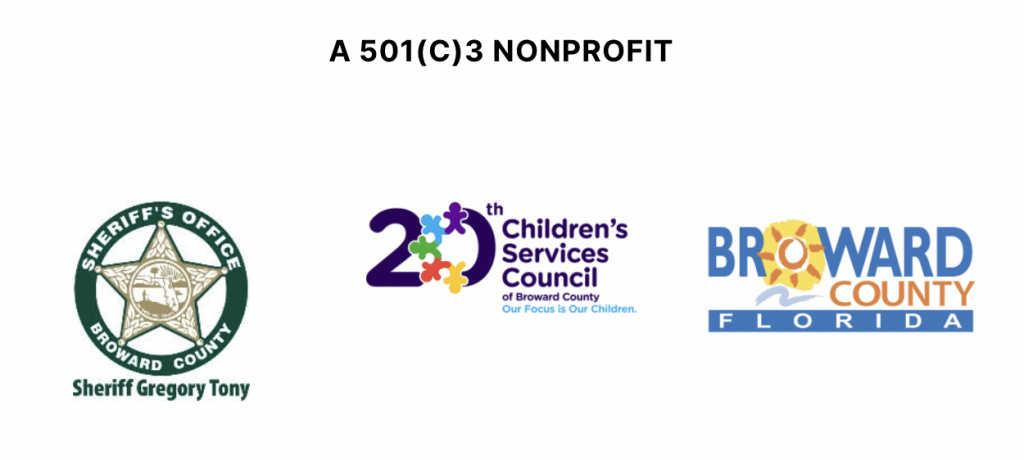
As life begins to slowly return to normal after a prolonged health crisis and a crazy previous year, it’s more important than ever to understand how we can recognize signs of depression, loss of motivation, and learn how to rekindle our passion for life.
Depression is a devious condition and can be hard to detect. Many people may be surprised to learn that sadness is not always the primary indicator of depression. Many people who suffer from depression may not feel sadness at all. Instead, many people report being burdened with overwhelming apathy, anger, and general feelings of negativity.
Symptoms of depression can vary from person to person, but will generally include:
- Feelings of fatigue Difficulty concentrating (brain fog)
- Trouble sleeping or oversleeping
- Not wanting to do things that you used to be motivated to do
- Irritability and anger
- Feelings of low self-esteem or a feeling of being worthless
- In extreme cases, thoughts of taking your own life
If you are not able to recognize the signs of depression you will not know that you need help.
Not seeking help makes the depression even worse – It’s a horrible feedback loop.
With depression, comes the loss of motivation. Losing your motivation prevents you from doing the things that give your life meaning.
Here are some tips to help you regain your motivation when you’re feeling depressed – pick one or two of these tips at a time and work on them slowly, and learn which ones are most effective for you.
Get back to following a schedule or routine
I know this is the LAST thing you might want to do right now.
Developing a routine can help reintroduce purpose to your life by focusing your mind on accomplishing small goals. Reaching goals can stimulate your brain’s chemical reward system, helping you to feel a little better.
Try to start with an easy schedule that you feel comfortable following. It is more important to strengthen the habit than it is to try returning to your former busy routine quickly.
Start small and build back up a little bit at a time. You’ll be surprised how quickly you will get back into the swing of things.
Start a light exercise routine to offset loss of motivation
People who participate in some form of exercise are much less likely to experience feelings of depression than people who do not. Exercise relieves stress and can release endorphins which mitigate symptoms of depression.
Walking, yoga or light jogging can help you return to a better mental state if you are feeling depressed and help to rejuvenate your loss of motivation.
You don’t have to hit the gym for several hours each day or train to run a marathon. Just doing a little bit of regular physical activity will work wonders for you over time.
Challenge your negative thinking – avoid negativity and negative people
As it turns out, misery does love company. Complaining about negative things and being around others who complain has an almost cathartic and addictive effect. Even though it might feel good to do so in the short term, the longer-term effects are detrimental to your mental health.
If you find yourself overwhelmed by negative thoughts, try to challenge what those thoughts are telling you.
When we’re depressed, it is very easy to perceive situations as being far worse than they are. Consider all the possible outcomes and try as hard as you can to avoid worst-case scenario thinking. This is called catastrophizing, or catastrophic thinking.
You can read about catastrophic thinking and how to avoid it in our blog article entitled ‘The Simple 3-Step Method to Stop Catastrophic Thinking’.
Seek Help from a Trained Therapist
It is difficult to see your way out of a bad situation while you are struggling to get out of it. That is why it’s so important to allow a trained mental health professional to guide you through.
The experience can be overwhelming at first, but soon you will begin to see how comforting it is to work with someone who knows what you are going through. Start slowly and work a little bit every day towards finding yourself again.
Citations:
Harteneck, Patricia. “7 Ways to Deal With Negative Thoughts.” Psychology Today, Sussex Publishers, 29 Sept. 2015, www.psychologytoday.com/us/blog/women-s-mental-health-matters/201509/7-ways-deal-negative-thoughts.
Martinsen, E.W. Benefits of Exercise for the Treatment of Depression. Sports Med 9, 380–389 (1990). https://doi.org/10.2165/00007256-199009060-00006


2 Responses
[…] always traveled, your result will always be the same. Change in difficult times can be painful but setting new goals can be exhilarating and life-altering. If you want a new life, there is no better time than now to start. Set realistic deadlines and […]
[…] Read our blog article on re-kindling your motivation when you are feeling depressed. […]